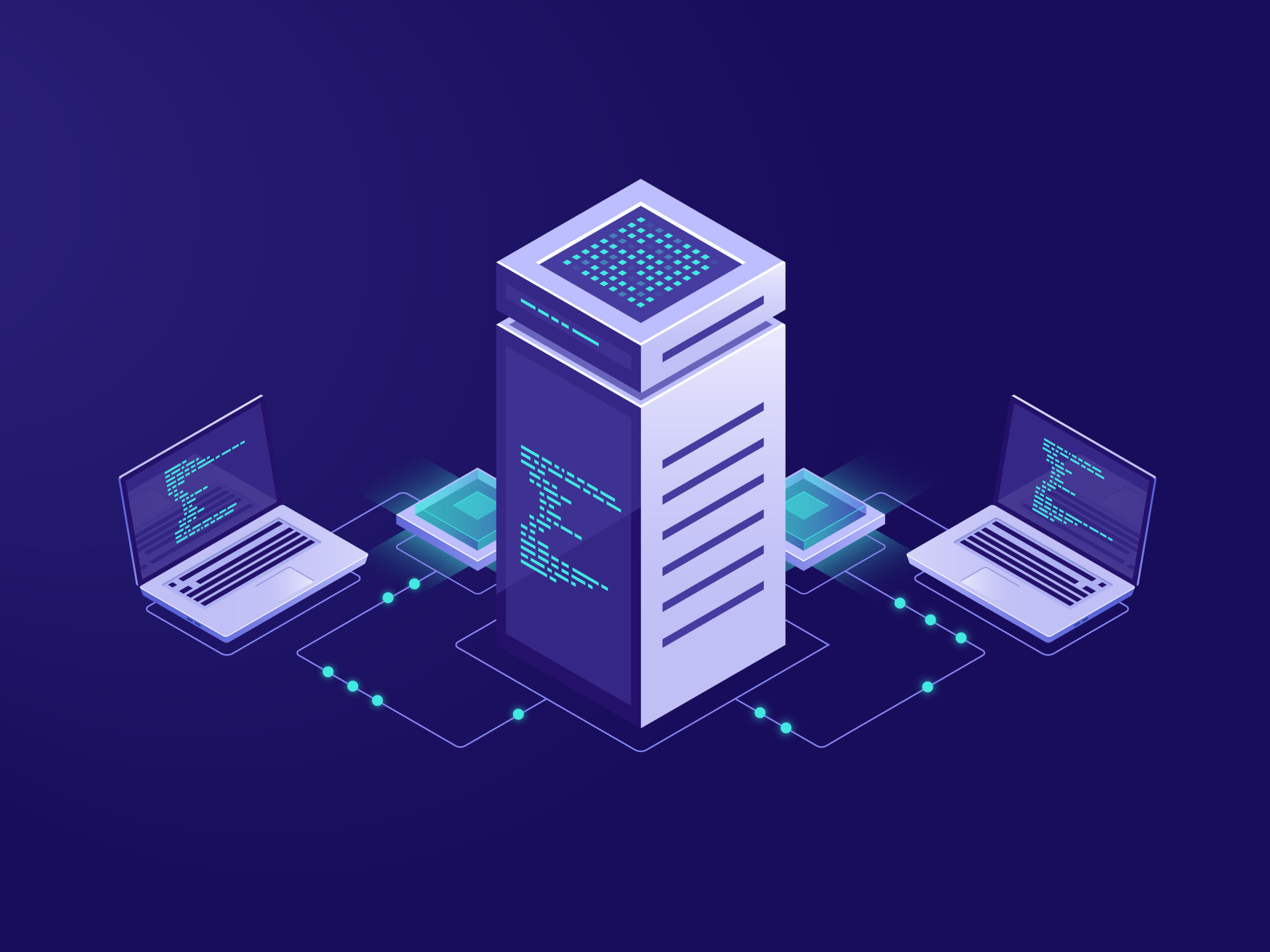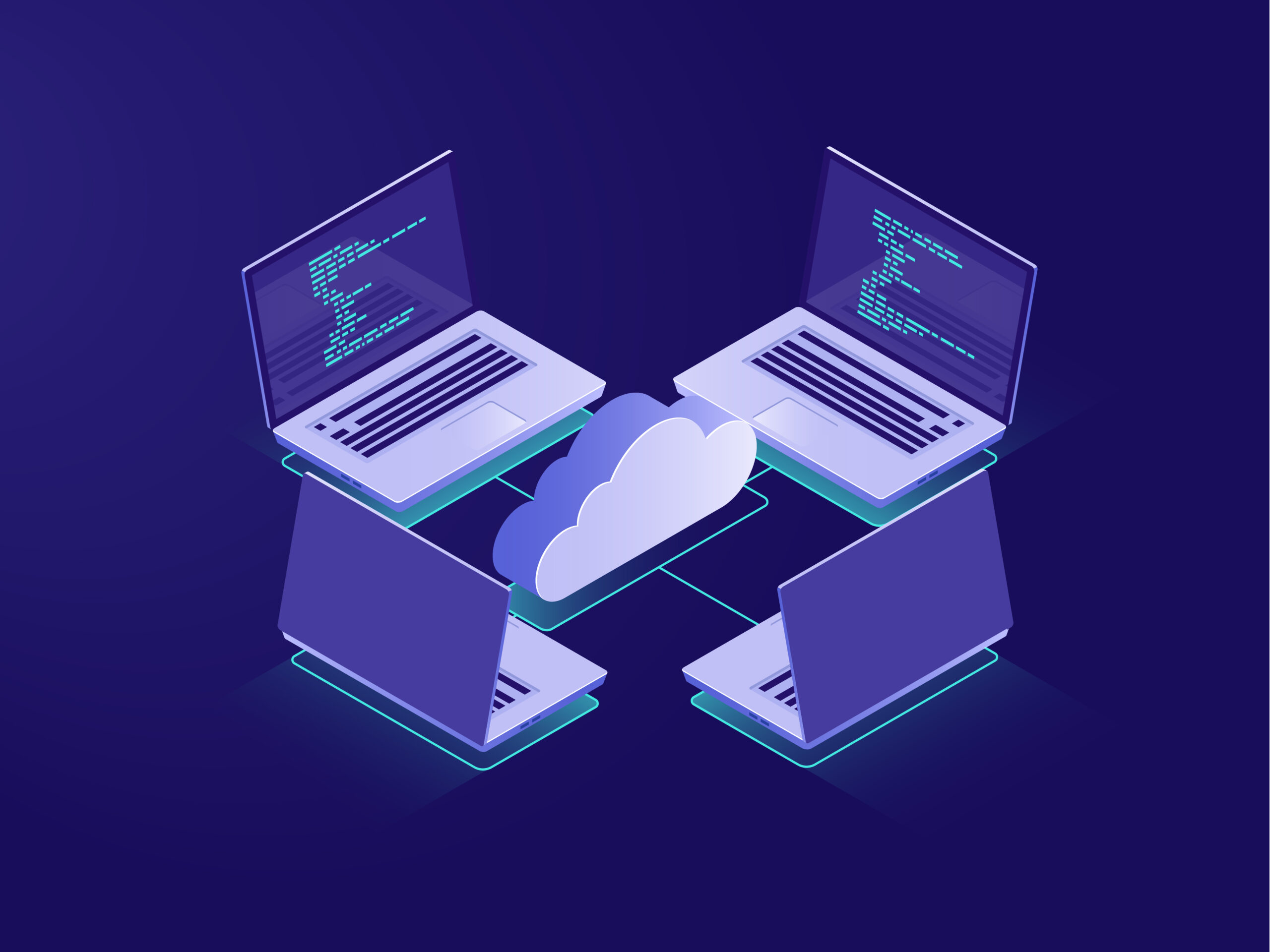
(ERP) Systems
نظام تخطيط موارد المؤسسات (ERP) هو حل برمجي يقوم بدمج وأتمتة العمليات التجارية المختلفة ، مثل التمويل والموارد البشرية وسلسلة التوريد وإدارة علاقات العملاء ونقاط البيع.
باستخدام نظام تخطيط موارد المؤسسات ، يمكن للشركات تبسيط عملياتها وتحسين دقة البيانات واكتساب رؤى قيمة حول أدائها.
فريق كامل من الخبراء لمساعدتك في تطوير مشروعك
لماذا استخدام نظام تخطيط موارد المؤسسات؟
يمكن أن توفر أنظمة تخطيط موارد المؤسسات العديد من الفوائد للشركات ، بما في ذلك:
- زيادة الكفاءة والإنتاجية: تعمل أنظمة تخطيط موارد المؤسسات على تبسيط العمليات التجارية وتقليل إدخال البيانات يدويا والوقت اللازم لإكمال المهام.
- تحسين دقة البيانات: باستخدام نظام تخطيط موارد المؤسسات ، يمكن للشركات تجنب أخطاء إدخال البيانات يدويا ، مما يؤدي إلى اتخاذ قرارات أفضل وتحسين دقة البيانات.
- رؤية ورؤى أفضل: يوفر نظام تخطيط موارد المؤسسات مصدرا واحدا للحقيقة، مما يمنح الشركات إمكانية الوصول في الوقت الفعلي إلى البيانات والرؤى حول أدائها.
- زيادة السرعة: يمكن تخصيص أنظمة تخطيط موارد المؤسسات بسهولة لتلائم الاحتياجات المحددة للأعمال ، مما يسمح بإجراء تغييرات سريعة مع تطور متطلبات العمل.
- تعاون أفضل: باستخدام نظام تخطيط موارد المؤسسات ، يمكن للأقسام المختلفة الوصول إلى المعلومات ومشاركتها في الوقت الفعلي ، مما يؤدي إلى تعاون وتواصل أفضل.
وحدات نظام تخطيط موارد المؤسسات
تتضمن أنظمة تخطيط موارد المؤسسات الوحدات التالية:
- الإدارة المالية: أتمتة المهام المالية مثل الحسابات الدائنة والحسابات المدينة ودفتر الأستاذ العام.
- إدارة الموارد البشرية: يبسط مهام الموارد البشرية ، مثل كشوف المرتبات وإدارة المزايا وسجلات الموظفين.
- إدارة سلسلة التوريد: يساعد الشركات على إدارة عمليات سلسلة التوريد الخاصة بها ، بما في ذلك المشتريات وإدارة المخزون وتنفيذ الطلبات.
- إدارة علاقات العملاء: يساعد الشركات على إدارة تفاعلات العملاء وعلاقاتهم ، بما في ذلك المبيعات والتسويق وخدمة العملاء.
مكونات نظام تخطيط موارد المؤسسات
تتضمن أنظمة تخطيط موارد المؤسسات المكونات التالية:
- قاعدة البيانات: قاعدة بيانات مركزية تخزن جميع بيانات الشركة ، بما في ذلك المعلومات المالية ومعلومات العملاء وبيانات المخزون.
- واجهة المستخدم: واجهة تمكن المستخدمين من الوصول إلى نظام تخطيط موارد المؤسسات والتفاعل معه.
- العمليات التجارية: العمليات التجارية المحددة التي يقوم نظام تخطيط موارد المؤسسات بأتمتتها ، مثل الإدارة المالية وإدارة الموارد البشرية وإدارة سلسلة التوريد.
- التكامل: قدرة نظام تخطيط موارد المؤسسات على التكامل مع الأدوات والأنظمة الأخرى التي قد تستخدمها الشركة ، مثل برامج المحاسبة وأدوات إدارة المشاريع وبرامج إدارة علاقات العملاء (CRM).
أنواع أنظمة تخطيط موارد المؤسسات
هناك نوعان رئيسيان من أنظمة تخطيط موارد المؤسسات: أنظمة تخطيط موارد المؤسسات المحلية وأنظمة تخطيط موارد المؤسسات المستندة إلى السحابة.

أنظمة تخطيط موارد المؤسسات المحلية
يتم تثبيتها على خوادم الشركة الخاصة وتتطلب من الشركة إدارة وصيانة البرامج والأجهزة.

أنظمة تخطيط موارد المؤسسات المستندة إلى السحابة
يتم استضافتها على خوادم بعيدة ، ويتم إدارتها وصيانتها بواسطة ERP provider . يمكن الوصول إلى هذه الأنظمة عبر الإنترنت ، وتوفر فوائد انخفاض التكاليف وزيادة قابلية التوسع.
اختيار نظام تخطيط موارد المؤسسات
عند اختيار نظام تخطيط موارد المؤسسات ، من المهم مراعاة العوامل التالية:
متطلبات العمل
اختر نظام تخطيط موارد المؤسسات الذي يمكنه تلبية الاحتياجات المحددة لعملك ، مع مراعاة حجم عملك والصناعة التي تعمل فيها والعمليات المحددة التي تحتاج إلى أتمتتها.
قابلية التوسع
ضع في اعتبارك نظام تخطيط موارد المؤسسات الذي يمكن أن ينمو مع عملك ، ويستوعب التغييرات المستقبلية في عملياتك.
التكامل
تأكد من أن نظام ERP يمكن أن يتكامل مع الأدوات والأنظمة الأخرى التي تستخدمها بالفعل ، مثل برامج المحاسبة وأدوات إدارة المشاريع وبرامج إدارة علاقات العملاء (CRM).
الدعم ومصادر التعلم
ابحث عن نظام ERP الذي يوفر دعما وموارد شاملة ، مثل خدمة دعم على مدار اليوم ومقاطع الفيديو التعليمية ومنتدى للمستخدم.
أصبحت أنظمة تخطيط موارد المؤسسات أداة أساسية للعديد من الشركات ، مما يمكنها من تبسيط عملياتها وتحسين دقة البيانات واكتساب رؤى قيمة حول أدائها. من خلال النظر في العوامل المذكورة أعلاه ، يمكن للشركات اختيار نظام تخطيط موارد المؤسسات المناسب لتلبية احتياجاتها الخاصة.
إتصل بنا الأن
0201557556957
الاقصر- شارع احمد عرابى- عمارة الحج عامر- الدور الثانى
All Rights Reserved@ Estrategya.co
© 2023 All rights reserved by Estrategya
JOIN THE CLUB!
It’s easy: all we need is your email & your eternal love. But we’ll settle for your email.